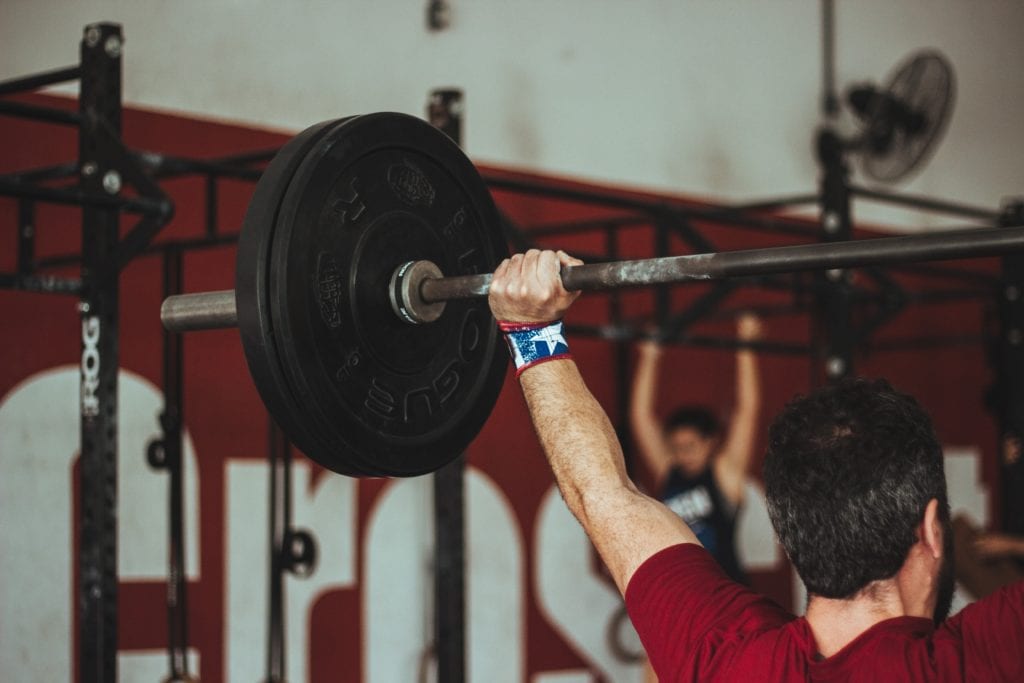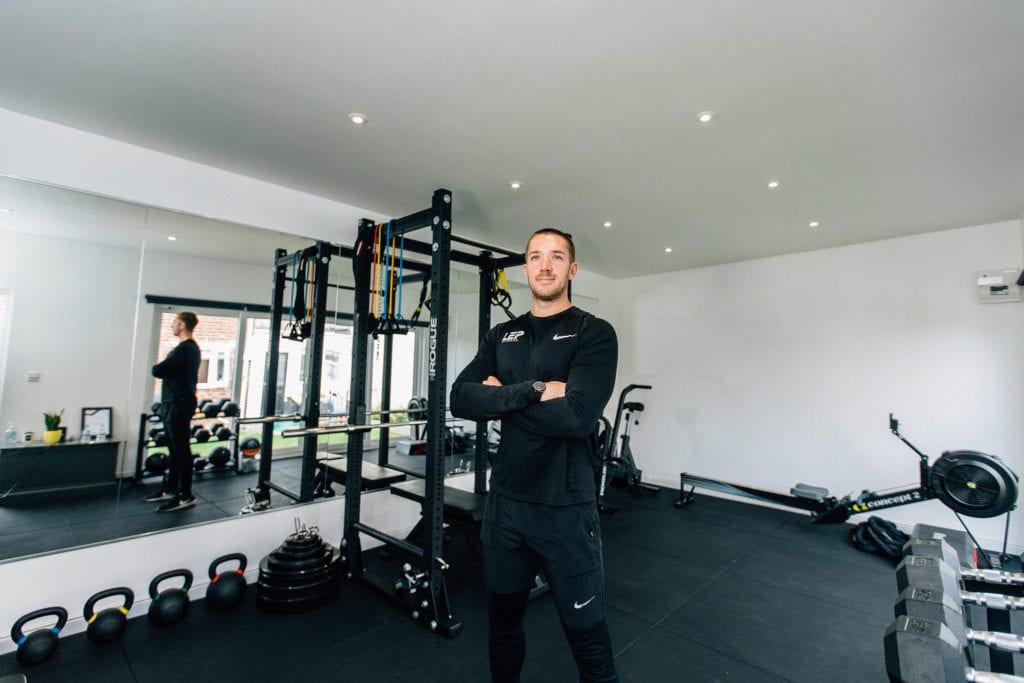Weightlifting and Eye Injuries…
10/02/2021
If you are an avid, seasoned weightlifter or just a beginner looking to get into shape for summer, then I am going to guess at some point you have heard or will hear the warning that “weightlifting can damage your eyesight and even make you go blind”.
Scary thought hey? Nobody wants to start trying to get fit only to irrevocably damage their eyesight; it’s just not worth it.
Maybe it’s best just to stay on the couch and save your eyes (phew!).
The problem is that it’s not really true that weightlifting in and of itself can damage your eyes or lead to blindness.
Dangers of weightlifting…
Before we get into whether there is an increased risk that comes with weightlifting, however, let’s examine what the potential danger actually is in medical terms.
There are two main concerns shared in the weightlifting community around the eyes; retinal detachment and increased risk of glaucoma.
Now it is possible that one of these issues (retinal detachment) can later lead to an increased risk of glaucoma, but a person doesn’t specifically have to have suffered a retinal detachment to then get glaucoma.
In other words, just because you haven’t had a retinal detachment doesn’t mean you don’t have to worry about glaucoma.
A detached retina in simple terms, is when the thin layer at the back of your eye (your retina) becomes loose.
Symptoms of a detached retina include lines or dots suddenly appear in your vision, seeing flashes of light or conversely a dark “shadow or curtain” moving across your vision.
If you start receiving any of these symptoms, then you need to seek emergency medical treatment as it’s possible you may have a detached retina and you need treatment as soon as possible, to avoid permanent damage to your sight.
Glaucoma meanwhile is a common condition where the optic nerve which runs from the eye to the brain is damaged.
Glaucoma, in many instances, is caused by a build-up of fluid in the front part of the eye, and this causes pressure which, unless treated early, can lead to permanent loss of sight.
Weightlifting and eye pressure…
Now here is where weightlifting comes in, because the keyword here is “pressure”.
When a person lifts heavy weights, the body automatically performs what is known as the Valsalva manoeuvre, when a forceful attempted exhalation is performed against a closed airway.
Now whilst many weightlifters, powerlifters and competitive strongmen use the manoeuvre as they believe it is the optimal breathing technique to improve feats of strength, there is significant evidence to show that it leads to a significant surge in intraocular pressure spikes.
A study by the US National Institute of Health shows that weightlifters who use the Valsalva manoeuvre were at an increased risk of retinal detachment compared to those who use different breathing techniques.
While the intraocular pressure only lasts for moments after the individual has finished using the Valsalva technique, during this period when pressure is high, the individual is at an increased risk of retinal detachment.
Similar studies have also found that long use of this breathing technique puts weightlifters at a higher risk of developing a type of glaucoma called “normal-tension glaucoma”.
“But you said it’s not true that weightlifting can damage your eyes!” I hear you cry. That is true, and weightlifting by itself doesn’t damage your eyes, what damages your eyes at risky or poor breathing techniques.
The importance of breath work…
The importance of breathing whilst weightlifting is something that cannot be overemphasised. By employing better, safer breathing techniques, a weightlifter can continue to weight lift secure in the knowledge that they are minimising the potential for intraocular pressure and therefore minimising the risk of eye injury.
Even individuals who carry out less strenuous exercises, such as yoga, need to be aware of the importance of breathing correctly. It is possible that while doing a less physically intense workout, you can end up performing the Valsalva manoeuvre and being at higher risk of retinal detachment and in the long run glaucoma.
If however, treatment is sought immediately once this occurs then through laser surgery, then you can prevent further injury and loss of vision.
Get your eyes tested…
It’s also important to remember that regular eye check-ups can not only let you know if you have any underlying issues or injuries that may need further treatment but could also let you know if you are at increased risk due to your background.
There has been evidence that those with a history of glaucoma in the family are more likely to suffer with it at some point. Similarly, some studies have shown that people of black-African or black-Caribbean origin are statistically more likely to develop open-angle glaucoma.
A brief eye examination and a simple questionnaire could provide an ophthalmologist with enough data to let you know if you are at increased risk of developing glaucoma and should, therefore tailor your physical activities accordingly.
Conclusion…
If you take these precautions and also train yourself in better breathing techniques, you can feel confident that you are limiting your risk whilst still enjoying your favourite pastime.
As with all injuries, always seek medical help at the earliest opportunity. If you suspect you have an eye injury or worsening eye condition, book an optometrist appointment as soon as possible. You can also check out londoncataractcentre.co.uk, their highly skilled team will give you a thorough examination and can talk you through the many treatments/surgeries needed.

Nick Screeton